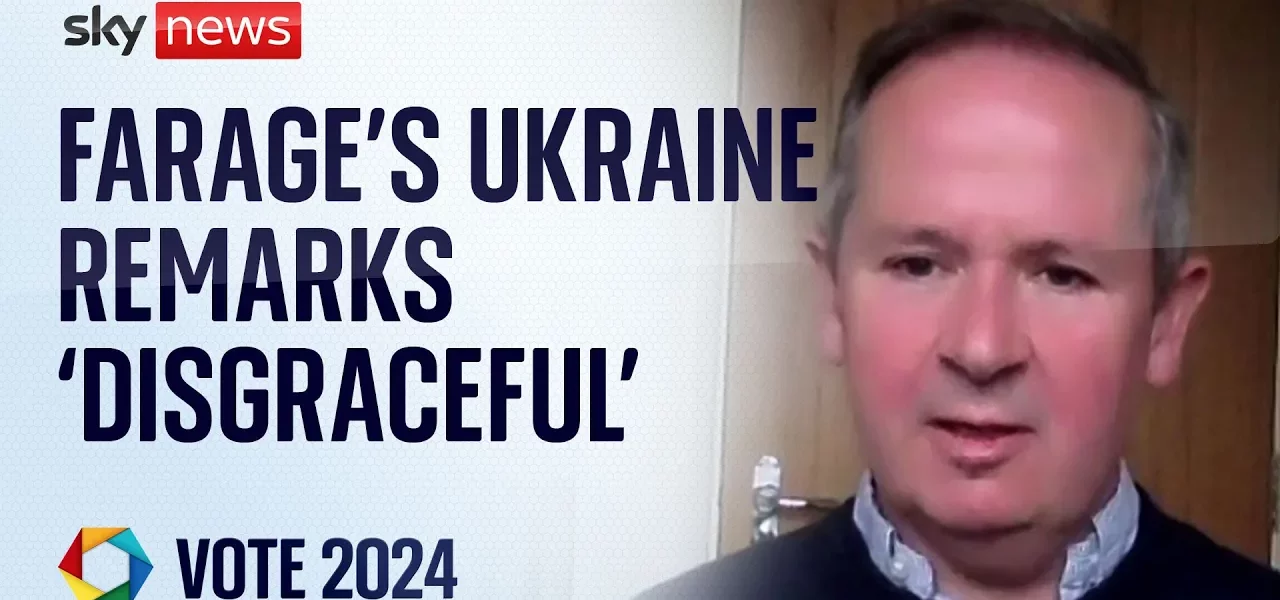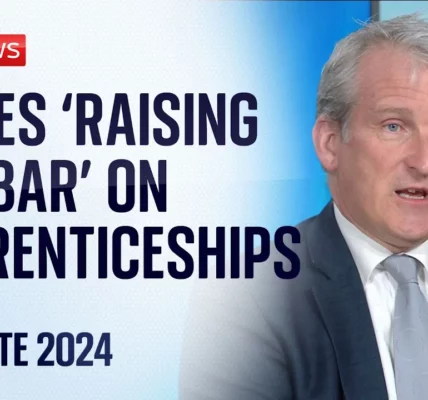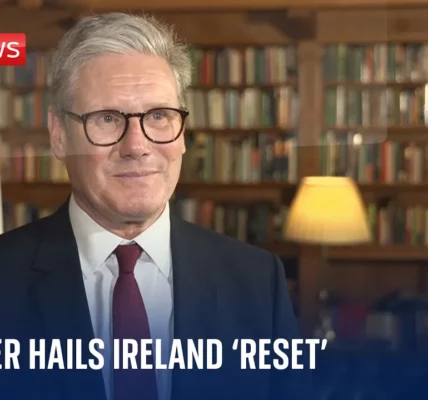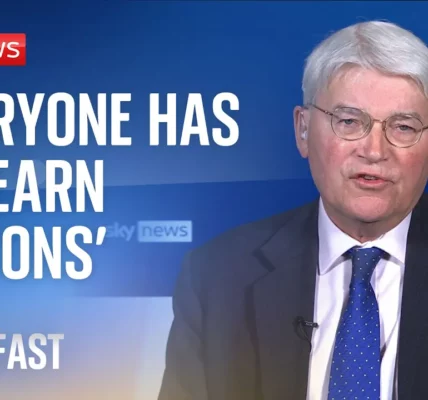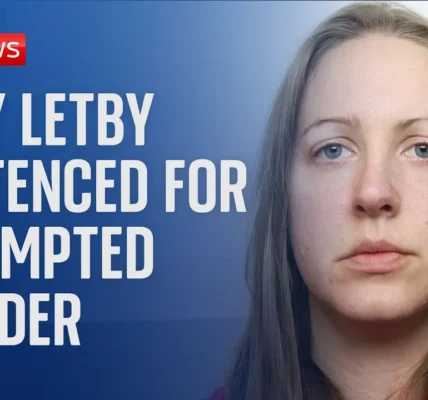Nigel Farage’s Comments on Ukraine: An In-Depth Analysis

This article delves into the recent comments made by Nigel Farage regarding the Ukraine conflict, exploring the political ramifications, public sentiment, and the wider implications for UK foreign policy and defense strategy.
Introduction
In a recent discussion, Nigel Farage made headlines with his controversial statements regarding the Russia-Ukraine war. He suggested that the West’s actions, particularly the eastward expansion of NATO and the European Union, provoked Russia’s military aggression. This perspective has sparked significant debate, drawing responses from political leaders and the public alike. This article aims to analyze Farage’s comments, the historical context behind them, and their potential impact on UK politics and international relations.
Nigel Farage’s Perspective on the Conflict
Farage’s commentary on the Ukraine crisis raises critical questions about the perception of Russia’s actions and the role of Western policies in escalating tensions.
Provocation of Russia
Farage argued that NATO’s expansion into Eastern Europe has provoked Russia, framing this as a justification for the invasion. He believes that recognizing this fact is crucial for resolving the ongoing conflict. This perspective is controversial and draws criticism for appearing to excuse Putin’s aggression.
- Farage’s claim: NATO and EU expansion provoked Russia.
- Critics argue this perspective undermines Ukraine’s sovereignty.
- The historical context of Cold War dynamics is essential for understanding these claims.
Public Reaction and Political Implications
The response to Farage’s statements has been largely negative, with many viewing them as an apology for Putin’s actions. Key political figures have expressed outrage, emphasizing the need for a united front against Russian aggression.
- Strong condemnation from political leaders.
- Public sentiment leaning towards support for Ukraine.
- Concerns about Farage’s influence on UK politics.
Historical Context of NATO Expansion
The expansion of NATO and the EU has been a topic of heated debate since the end of the Cold War. Many argue that integrating Eastern European nations into these alliances was a strategic move to promote democracy and stability.
Impact of NATO on European Security
NATO’s expansion is often seen as a stabilizing factor in Europe, aimed at preventing further conflicts and promoting democratic governance. Margaret Thatcher’s policies aimed to strengthen alliances in the face of potential threats from the East.
Putin’s Historical Actions
Putin’s aggressive actions in Georgia, Crimea, and now Ukraine highlight a pattern of disregard for international law and the sovereignty of neighboring countries. Understanding this behavior is crucial for analyzing the current geopolitical landscape.
The UK Political Landscape and Farage’s Influence
Farage’s comments have reignited discussions about his role in UK politics, particularly with the rise of the Reform Party, which he leads.
Impact on Conservative Party Dynamics
The Conservative Party faces challenges as Reform gains traction in the polls, with suggestions that it may overtake traditional party support. This shift could complicate the political landscape significantly.
Defense Spending and National Security
In response to the growing threat from Russia, the Conservative Party has emphasized its commitment to defense spending, aiming to reassure voters about national security amidst rising tensions.
- Current defense spending target set at 2.5% of GDP.
- Emphasis on protecting UK interests and investments in defense capabilities.
- Concerns regarding the economic impact of the war in Ukraine, including energy prices.
Conclusion
In summary, Nigel Farage’s comments on the Ukraine conflict reflect a complex interplay of historical, political, and social factors. His perspective raises significant questions about the justification of Russia’s actions and the role of Western policies. As the UK prepares for upcoming elections, the implications of these discussions will be pivotal in shaping public opinion and party strategies. It is essential for voters to critically assess these viewpoints and their impact on national and international security. For further analysis on related topics such as NATO policies and the implications of the Ukraine conflict, explore our other articles.
“`
